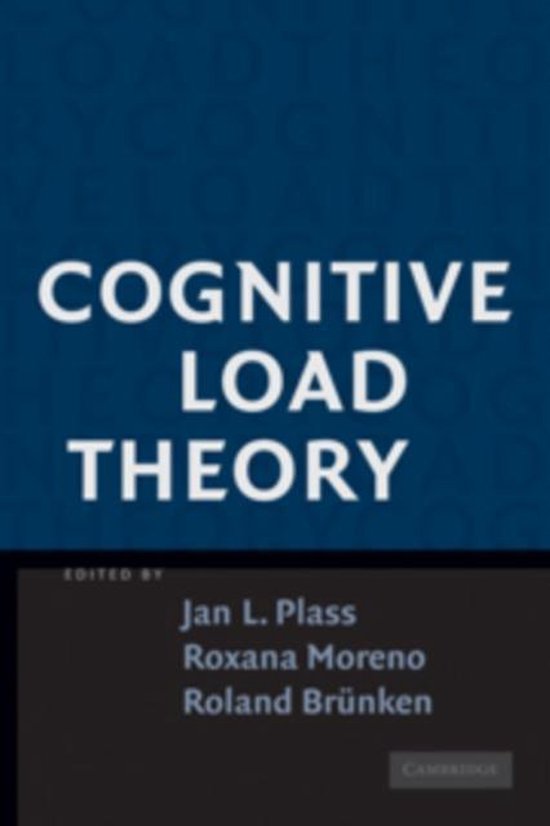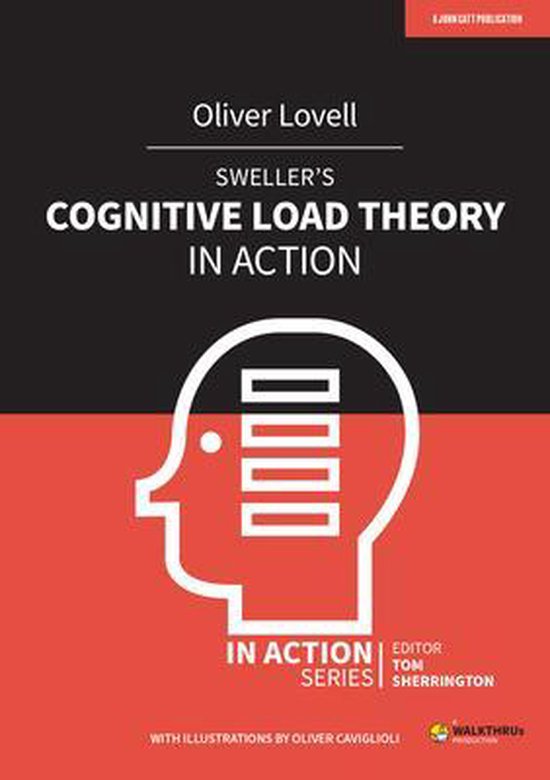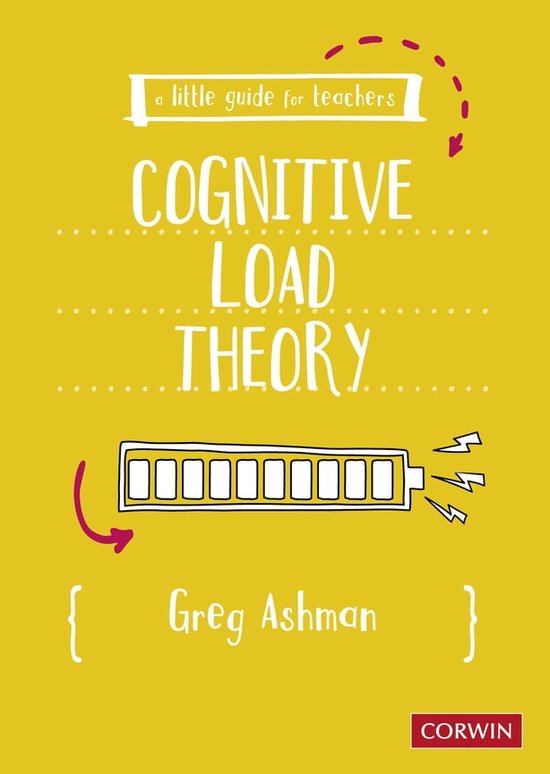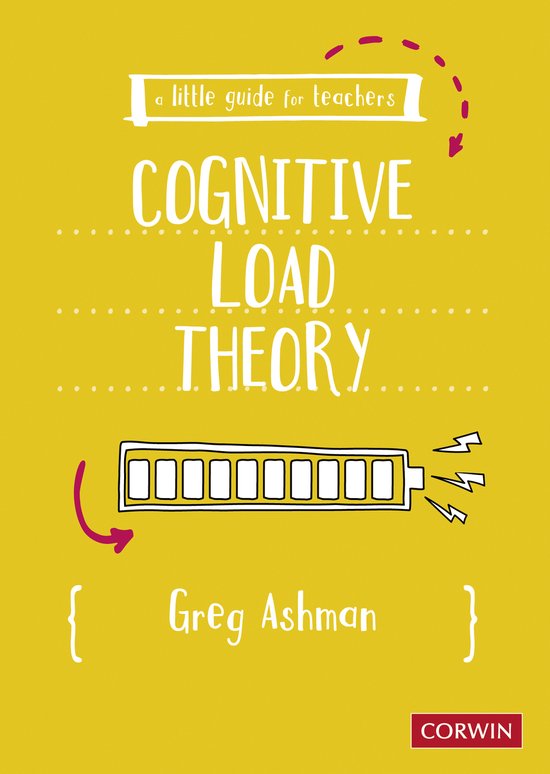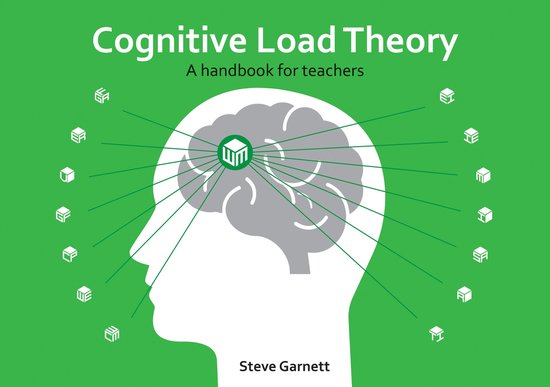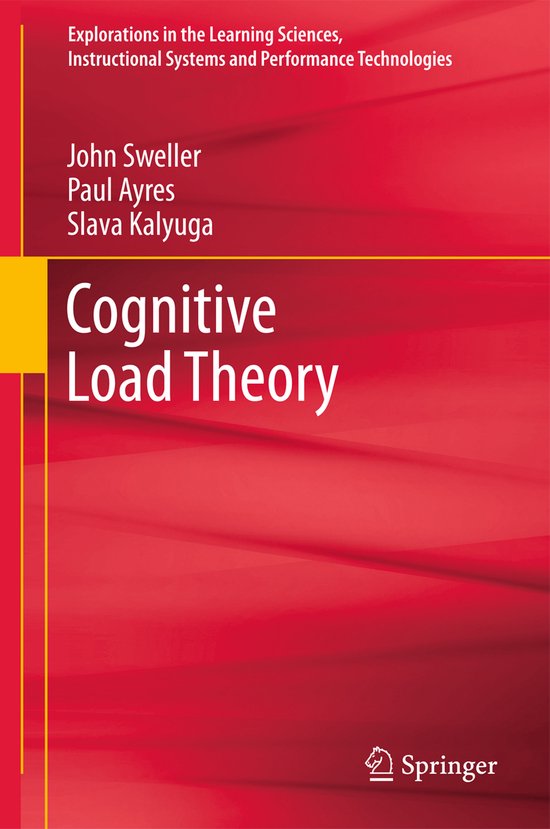
Cognitive Load Theory
Cognitive Load Theory
John Sweller, Paul Ayres, Slava Kalyuga
Effective instructional design depends on the close study of human cognitive architecture—the processes and structures that allow people to acquire and use knowledge. Without this background, we might recognize that a teaching strategy is successful, but have no understanding as to why it works, or how it might be improved.
Cognitive Load Theory offers a novel, evolutionary-based perspective on the cognitive architecture that informs instructional design. By conceptualizing biological evolution as an information processing system and relating it to human cognitive processes, cognitive load theory bypasses many core assumptions of traditional learning theories. Its focus on the aspects of human cognitive architecture that are relevant to learning and instruction (particularly regarding the functions of long-term and working memory) puts the emphasis on domain-specific rather than general learning, resulting in a clearer understanding of educational design and a basis for more effective instructional methods. Coverage includes:
- The analogy between evolution by natural selection and human cognition.
- Categories of cognitive load and their interactions in learning.
- Strategies for measuring cognitive load.
- Cognitive load effects and how they lead to educational innovation.
- Instructional design principles resulting from cognitive load theory.
Academics, researchers, instructional designers, cognitive and educational psychologists, and students of cognition and education, especially those concerned with education technology, will look to Cognitive Load Theory as a vital addition to their libraries.
Over the last 25 years, cognitive load theory has become one of the world’s leading theories of instructional design. It is heavily researched by many educational and psychological researchers and is familiar to most practicing instructional designers, especially designers using computer and related technologies.
The theory can be divided into two aspects that closely inter-relate and influence each other: human cognitive architecture and the instructional designs and prescriptions that flow from that architecture. The cognitive architecture is based on biological evolution. The resulting description of human cognitive architecture is novel and accordingly, the instructional designs that flow from the architecture also are novel. All instructional procedures are routinely tested using randomized, controlled experiments.
Roughly 1/3 of the book will be devoted to cognitive architecture and its evolutionary base with 2/3 devoted to the instructional implications that follow, including technology-based instruction. Researchers, teachers and instructional designers need the book because of the explosion of interest in cognitive load theory over the last few years. The theory is represented in countless journal articles but a detailed, modern overview presenting the theory and its implications in one location is not available.
| Auteur | | John Sweller |
| Taal | | Engels |
| Type | | Hardcover |
| Categorie | | Onderwijs & Didactiek |
